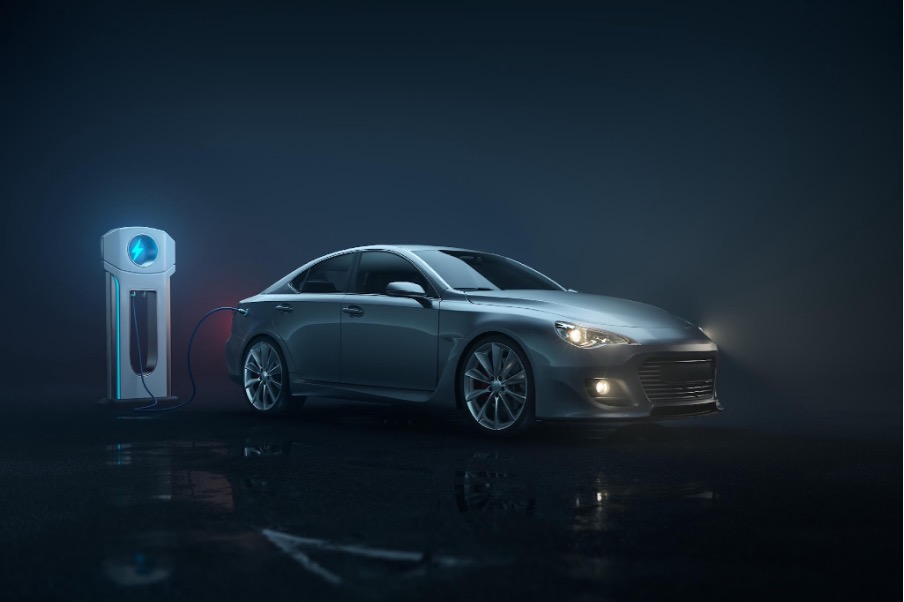
Consumer engagement in the energy transition is surging. From adopting electric vehicles to installing local energy generation and storage assets, individuals are taking proactive steps to cut costs and reduce emissions. These actions not only empower consumers but also expand opportunities to offer flexibility to the grid, ultimately alleviating tensions caused by accelerated electrification.
Consumer engagement in the energy transition is surging. From adopting electric vehicles to installing local energy generation and storage assets, individuals are taking proactive steps to cut costs and reduce emissions. These actions not only empower consumers but also expand opportunities to offer flexibility to the grid, ultimately alleviating tensions caused by accelerated electrification.
Bidirectional charging, exemplified by V2X technology, epitomises this flexibility. Unlike unidirectional charging, it enables vehicles to exchange energy with the grid (V2G) or home (V2H) in both directions. However, double taxation obstructs the uptake of such schemes. It disincentivises consumers and stifles prosumer models, burdening both sides with unnecessary administrative complexities.
To unlock the full potential of bidirectional charging, we must eliminate double taxation. Taxation must only apply to energy consumed, not exchanged. This will facilitate V2G services and ensure a seamless transition towards a more flexible and sustainable energy landscape, while supporting the balancing of our grids and integration of renewable energy.
The compromise amendment discussed at the Committee (ECON) of the European Parliament, as follows, represents progress by providing a comprehensive framework required to ensure seamless access for prosumers to utilise V2G services throughout Europe, free from fiscal obstacles:
Proposal of the European Commission:
Art. 22.4: ...For the purposes of the first subparagraph, electricity storage facilities and transformers of electricity may be considered as redistributors when they supply electricity.
Compromise amendment discussed at the Committee (ECON) of the European Parliament:
Art. 22.4: ...For the purposes of the first subparagraph, electricity storage facilities, including electric vehicles, batteries owned by active consumers as defined in Article 2 (8) of Directive (EU) 2019/944 or by renewable energy communities as defined in Article 2 (16) of Directive (EU) 2018/2001 and transformers of electricity shall be considered as redistributors when they supply electricity and shall not be subject to any double taxation.
To ensure taxation plays an active role in incentivising bidirectional charging, we call on Member States to adopt the same wording as that proposed in the compromise amendment presented by the European Parliament Committee (ECON) on Article 22(4) of the Energy Taxation Directive under revision.
Documents
- Joint letter_calling for Guaranteeing Fair Taxation for Active Energy Consumers Supporting Grid Flex
